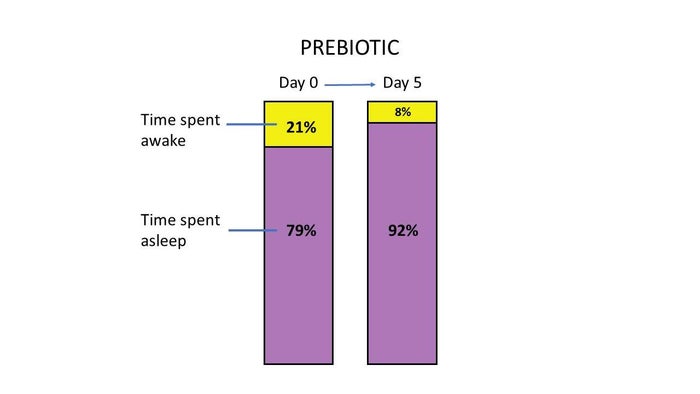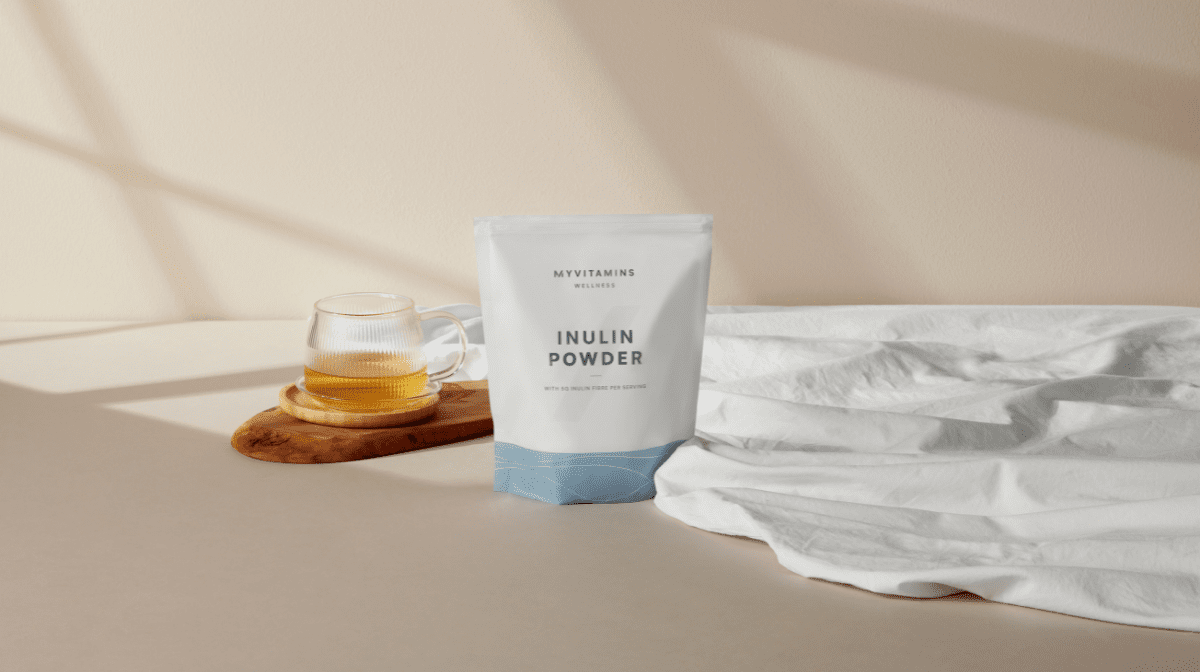
The NHS reports that 1 in 3 of us suffers from poor sleep. (1) Stress and the inability to ‘turn off’ one’s mind after a busy day at work are now common experiences at night time. The resulting lack of sleep can have negative impacts on our daily lives, leaving us feeling lethargic, irritable and unfocused. Fortunately, there are steps we can take to improve our sleeping habits and give our bodies the rest they need.
What Happens When We Don’t Get Enough Sleep?
In the short-term, sleep deprivation can lead to fatigue, a short temper, and a lack of focus. As the deprivation increases over days or weeks, symptoms such as brain fog, sadness, and your risk of accident or injury start to increase.
If sleep deprivation continues, however, the effects become much more serious. Research suggests that long-term lack of sleep is associated with increased risk of obesity, cardiovascular disease, diabetes and hypertension. (2) Therefore, getting enough good-quality sleep is crucial for health and wellbeing.

Gut Health, Prebiotics & Probiotics
If insomnia or stress are preventing you from getting a good night’s sleep, the answer may lie in your gut. The gut, sometimes referred to as the ‘second brain’, has strong associations with mood, brain function, and physical health. Boosting the health of your gut has been found to improve markers of mental and physical health conditions, such as depression, autoimmune conditions and cardiovascular disease. (3) This can be achieved by reducing the ‘bad' bacteria, and increasing the ‘good’ bacteria in the gut. This leads to a balanced, healthy gut microbiome.
The overarching recommendation for improving your gut health involves eating a varied diet that is high in plant-based foods, while reducing highly processed and sugary foods. Furthermore, you can provide your gut with prebiotics and probiotics.
Probiotics are the ‘good’ live bacteria and organisms that live in the gut. Prebiotics, on the other hand, are types of non-digestible fibre, such as inulin, within food that feed these ‘good’ bacteria. Research suggests that supplementation with a dietary prebiotic can increase sleep quality. 4,5
The Role Of Prebiotics In Sleep
A BBC documentary titled 'The Truth About: Sleep’ with Dr Michael Mosely investigated this phenomenon further. Dr Mosely, who himself struggles with insomnia, trialled a dietary prebiotic powder supplement for a period of 5 days and measured the effect it had on his sleep.

Results at day 5 showed that Dr Mosely’s time spent asleep increased, and his time spent restless in bed decreased, in comparison to initial measurements taken before supplementation. (5) These results show the sharp advantages that prebiotic supplementation can provide for improving sleep.
Further research found that both REM and NREM stages of sleep were increased through prebiotic supplementation. (4) The REM sleep stage is associated with restoration and recovery of the body, so this suggests not only an increase in quantity but also in quality of sleep.
Prebiotics & Stress
Being in a constant state of stress can lead to heightened arousal of the nervous system, which may be involved in your difficulties falling asleep. Conversely, a lack of sleep can lead us to experience irritability, anxiety and stress.
Interestingly, the above research also found increased resilience to stress following prebiotic supplementation. 4
Previous studies have found further associations connecting mental wellbeing and gut health through the bidirectional links between the gut and the nervous system, also known as the gut-brain axis. The impacts of unbalance gut microbiomes include depression and low mood. On the other hand, a gut microbiome rich in ‘good’ bacteria may promote mental wellness. 6
Prebiotic & Probiotic Supplements
If lack of sleep and stress are having a negative impact on your day-to-day activities and functioning, consider revamping your diet. For those of us needing a little extra support, try adding a prebiotic supplement into your day:
As a high-fibre prebiotic that feeds good bacteria in the gut, Inulin Powder is ideal for adding to shakes, bakes and smoothies.
To boost gut health even further, I'd recommend a supplement packed with live cultures:
Myvitamins Gut Gummies are a delicious berry-flavoured probiotic supplement packed with 1 billion live cultures per gummy. These live cultures can promote digestion and a healthy gut microbiome by increasing the ‘good’ bacteria within the gut.
Myvitamins Bio Bites are a high-fibre, chocolate-orange flavoured probiotic snack containing 1 billion live cultures to boost gut health. These tasty bites also contain chloride to further support digestion. 7
Address stress and sleep deprivation from the inside by looking after your gut microbiome. Incorporate a prebiotic or probiotic supplement into your wellness routine and give your body the rest it requires.
- https://www.nhs.uk/live-well/sleep-and-tiredness/why-lack-of-sleep-is-bad-for-your-health/
- https://link.springer.com/article/10.1007/s11886-017-0916-0
- https://www.ncbi.nlm.nih.gov/pmc/articles/PMC4239493/
- https://www.nature.com/articles/s41598-020-60679-y
- https://www.bimuno.com/prebiotics-and-sleep/
- https://www.ncbi.nlm.nih.gov/pmc/articles/PMC5641835/
- Chloride aids digestion via the production of hydrochloric acid in the stomach.

Related Articles







